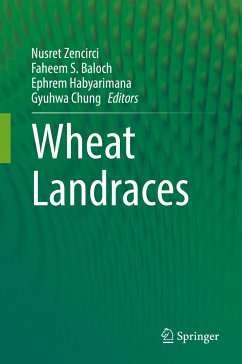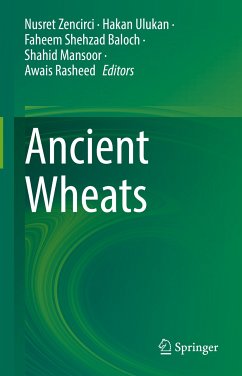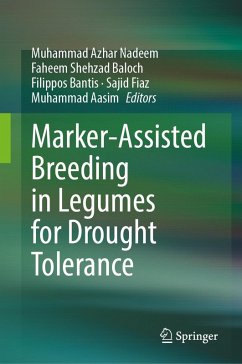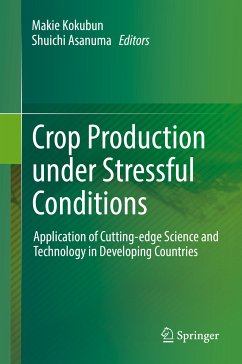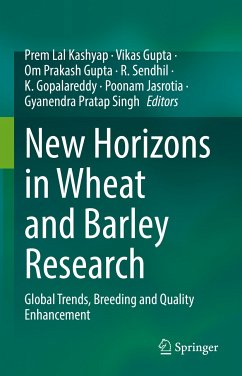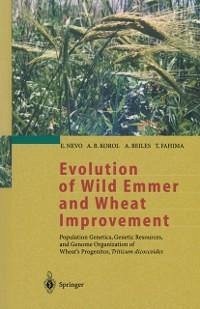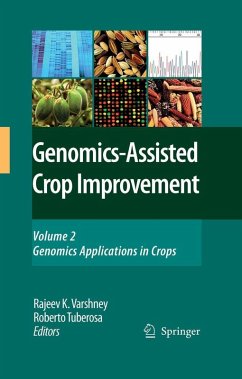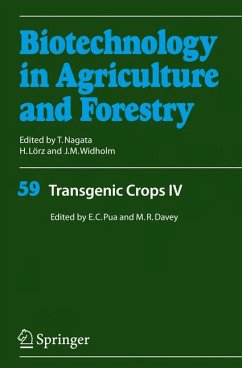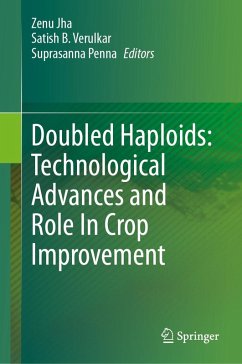
Advances in Wheat Breeding (eBook, PDF)
Towards Climate Resilience and Nutrient Security
Redaktion: Zencirci, Nusret; Ludidi, Ndiko; Nadeem, Muhammad Azhar; Baloch, Faheem S.; Altay, Fahri
Versandkostenfrei!
Sofort per Download lieferbar
224,95 €
inkl. MwSt.
Weitere Ausgaben:

PAYBACK Punkte
112 °P sammeln!
This edited book addresses the introduction to wheat, advancements in breeding, the contribution of biotechnological approaches, the development of climate-resilient wheat cultivars, and biofortification efforts to create nutrient-rich wheat cultivars.The world faces simultaneous challenges of a growing population and climate change. It is anticipated that the world population will exceed 9 billion by 2050. Meanwhile, climate change significantly impacts agriculture through uneven patterns, expected to worsen in the coming years, resulting in substantial losses due to biotic and abiotic stress...
This edited book addresses the introduction to wheat, advancements in breeding, the contribution of biotechnological approaches, the development of climate-resilient wheat cultivars, and biofortification efforts to create nutrient-rich wheat cultivars.
The world faces simultaneous challenges of a growing population and climate change. It is anticipated that the world population will exceed 9 billion by 2050. Meanwhile, climate change significantly impacts agriculture through uneven patterns, expected to worsen in the coming years, resulting in substantial losses due to biotic and abiotic stresses. Wheat, a staple food for millions worldwide, requires more studies to develop climate-resilient cultivars with improved nutritional content. Given these considerations, it is crucial to understand the activities conducted for wheat breeding and address the current gap to ensure an ample food supply for future generations.
This book is beneficial for researchers, teachers, agriculturists, biologists, climate change scientists, and organizations involved in wheat breeding. It also serves as a valuable resource for undergraduate, master, and PhD students interested in wheat.
The world faces simultaneous challenges of a growing population and climate change. It is anticipated that the world population will exceed 9 billion by 2050. Meanwhile, climate change significantly impacts agriculture through uneven patterns, expected to worsen in the coming years, resulting in substantial losses due to biotic and abiotic stresses. Wheat, a staple food for millions worldwide, requires more studies to develop climate-resilient cultivars with improved nutritional content. Given these considerations, it is crucial to understand the activities conducted for wheat breeding and address the current gap to ensure an ample food supply for future generations.
This book is beneficial for researchers, teachers, agriculturists, biologists, climate change scientists, and organizations involved in wheat breeding. It also serves as a valuable resource for undergraduate, master, and PhD students interested in wheat.
Dieser Download kann aus rechtlichen Gründen nur mit Rechnungsadresse in A, B, BG, CY, CZ, D, DK, EW, E, FIN, F, GR, HR, H, IRL, I, LT, L, LR, M, NL, PL, P, R, S, SLO, SK ausgeliefert werden.



